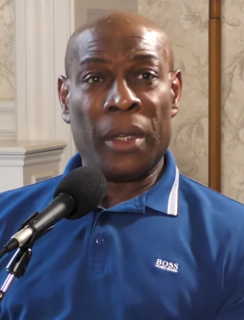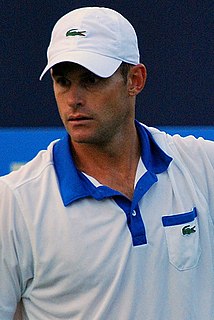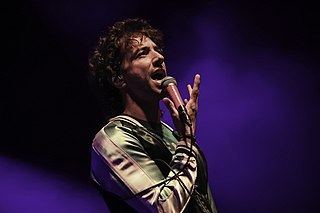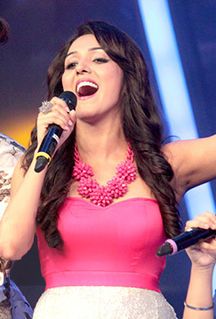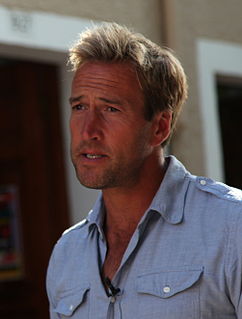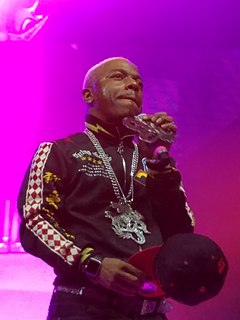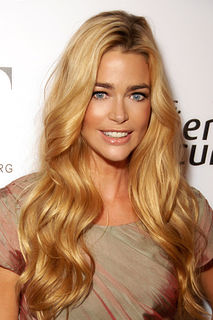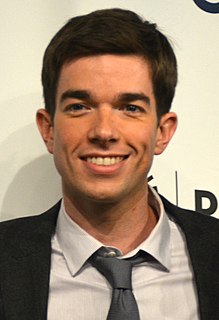A Quote by Elizabeth Neel
I didn't think of being an artist until after I went away to boarding school. There were other things to be interested in. And it seemed like a nightmare.
Related Quotes
Bradford specifically there were a lot of Pakistanis there. Even today it has a very large Pakistani population.It was something that I experienced - getting chased home from the bus stop after school by English kids, boarding school, being targeted for praying to what they call Allah wallah ding dong.
And so we stood together like that, at the top of that field for what seemed like ages, not saying anything, just holding each other, while the wind kept blowing and blowing at us, tugging our clothes, and for a moment, it seemed like we were holding onto each other because that was the only way to stop us from being swept away into the night.
Back in the day, even if they were singing about the same things, each artist was unique. That's why I try to stay away from the big-name producers, so I can prove that it's not about the producer, it's about the artist. A lot of R&B artists have gotten away from being artists and are just chasing after the next hot producer and it all starts to sound the same.
Right away, I knew I didn't want to have that look of other guys with long hair and bell-bottom pants, because everybody else had that look. I kind of adopted my boarding-school look, which made me stand out. Then the next thing you know, the first song on my first record is a song called "School Days." It's about going to the boarding school I went to. So then I just started to write about myself. The very first song I ever wrote was about a guy I met in a boatyard that we were working in. So I've always had this thing about sticking to more or less what I knew.
I can't think outside of [bein' an artist]. That's how deep I am into this, and so focused that I really can't think, like, if I wasn't an artist, what I'd be doin' in school. I'm pretty sure I'd be doin' it - if I didn't go into music, I'd be working, have a regular job or something probably, and goin' to school like everybody else and all my other peers around my age.
I know I certainly wouldn't be writing books if it hadn't been for the feminist blogosphere, and I think that's a really amazing thing. And just the sheer power of outreach I think is incredible. It used to be that if someone was to get involved in feminism, it was probably because they were already interested. They were already interested in feminism; they were already interested in being an activist, and they found their way to like a NOW meeting or to a consciousness-raising group or something like that.
Bill Clinton fascinates me because, at the time, it seemed like his shenanigans and the people after him were the biggest political stories you could ever imagine. I remember when the 'Starr Report' was published in the newspaper, all of us were reading it in the high-school cafeteria, and a dean started taking the newspapers away from us.



